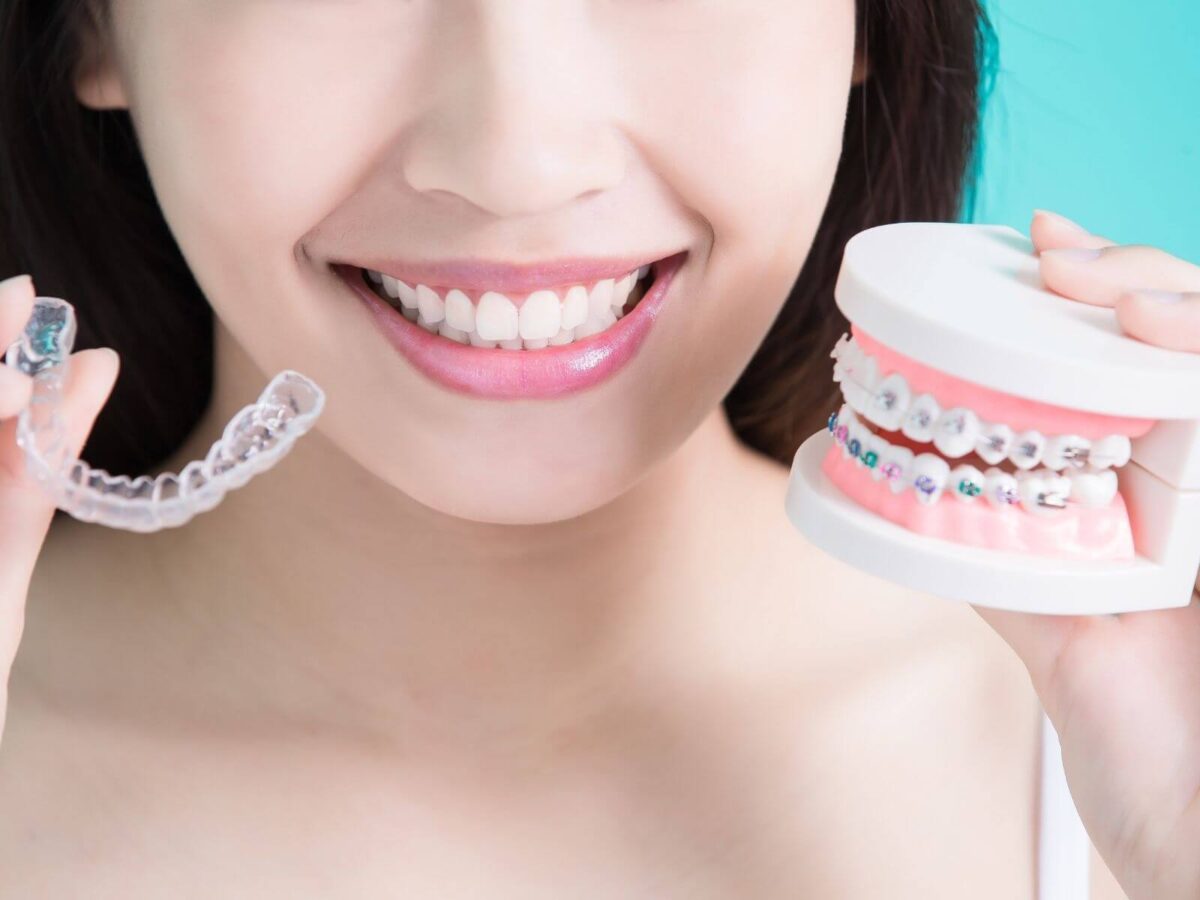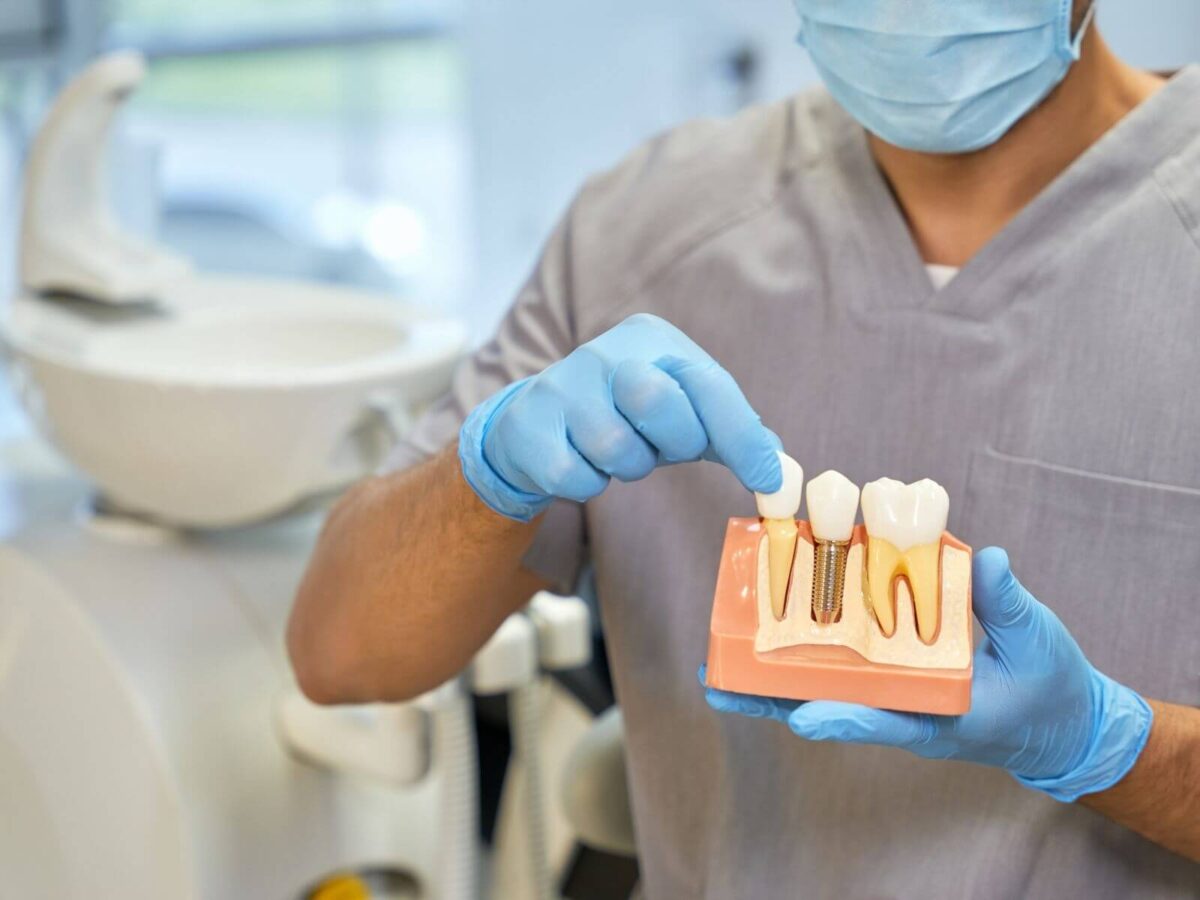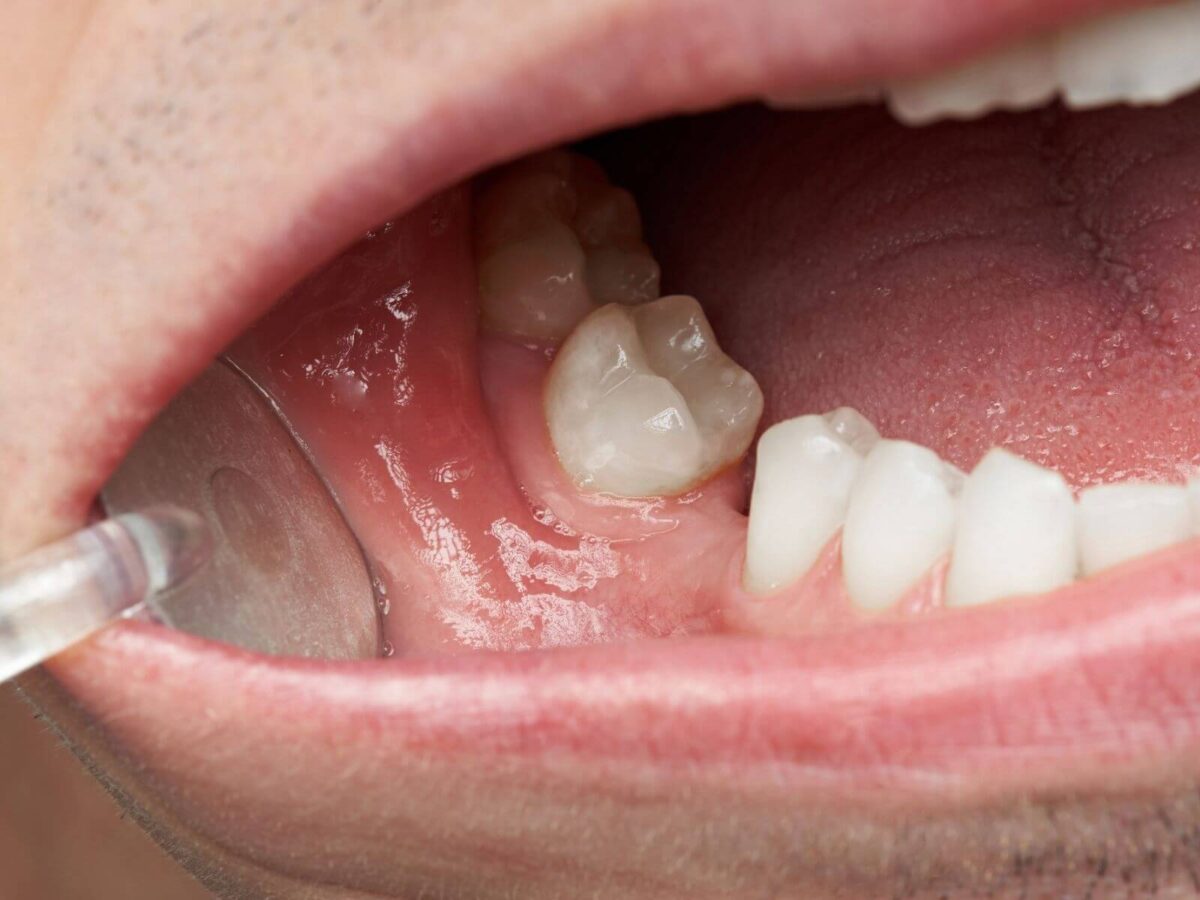Do you consider your teeth crooked or misaligned? If this is the case, you may be a good candidate for Invisalign, the transparent aligner system that can help change the appearance of your teeth without braces.
This article aims to determine whether one may qualify for Invisalign treatment. Let’s explore and see if it is for you!
1. Previous Braces Wearer
When the metal braces are removed, you must wear a retainer to ensure that your teeth do not shift again. Gradually, people begin to remove their retainer, and this fact is a serious problem for most of them.
Over time, it has become common to find that a person’s jawline gets narrow and the mouth space reduces in size. They may also need teeth that were previously shifted back into position with metal braces to shift back to their original position.
Many adults who experience this wear Invisalign to restore their teeth to their earlier aligned state and regain a straight-looking smile. This makes Invisalign the easy tune-up solution for a shifted mouth.
2. New Smile
Invisalign portrays itself as a dream of getting that perfect smile, and you have it without even having too many struggles.
Well, you will have fewer appointment sessions than when wearing metal braces. You can minimize or, in some cases, eradicate emergency appointments for loose brackets and poking wires that arise from you wearing metal braces.
3. Responsible
A clear look at the Invisalign dental procedure will help you understand the importance of taking responsibility. The aligners only work if you wear them constantly. Therefore, it would not be adequate to say that you would like to begin using Invisalign and then wear them only occasionally.
4. Good Oral Hygiene
An ideal candidate for Invisalign is one who maintains good oral hygiene practices. You should also learn how to store your Invisalign when removing them. Your mouth and the aligners must be cleaned thoroughly and frequently to prevent bacteria buildup. The mouth, as well as the gum line, need to stay infection-free if the Invisalign aligners, as well as the teeth, are not cleaned thoroughly.
5. Age
You might also be surprised that your age can influence your suitability for Invisalign treatment. Most orthodontists recommend that all permanent teeth come in before a child can be considered correct for braces. This is where it can become challenging to guess what direction an adult tooth will emerge from that has not surfaced in your mouth yet. This makes the provision of treatment for braces complex.
In addition, the candidate must not have any of their adult teeth missing to be a likely candidate for Invisalign treatment. This is why you only hear of Invisalign being used on teenagers and adults, though they can benefit from it, too. All their permanent teeth have erupted, causing the baby’s teeth to fall off.
6. Current Dental Health
The first aspect that your dentist will consider to determine whether you are a good candidate for Invisalign dentures is your present dental state. You need to have healthy teeth before attending the Invisalign treatment.
Do you have any cavities or gingivitis? Do you have healthy gums? How frequently do you care for your teeth appropriately?
When it comes to Invisalign, your dentist will ask you to have any dental complications treated first before joining the program.
Since Invisalign will move your teeth, fill the space between your teeth, or alter the position of your teeth, you should ensure that all the intended teeth are clean and healthy before undertaking this process.
7. Less Obvious Braces
Although there is nothing wrong with wearing metal braces, it is essential to know that they are slightly conspicuous. To some, however, they are the best option to move teeth and alter the shape of the jaw.
Even though a candidate will have good discipline when putting them on, braces are not fixed and can be removed. Most adults have embraced this flexibility in their braces.
Best Time for Invisalign
For biological consideration, the Invisalign treatment is suitable for individuals 18 and older. The invisible aligners are inappropriate for youngsters who have not wholly shed their baby teeth. So, as long as teeth are lost, the shape and position of the mouth and teeth will never be the same again. It would be counterproductive to alter them without permanent incisors and first molars.
Invisalign does not have a preferred age for children and young teens because they fall teeth at different times. For that reason, there is no specified limit for unrestricted age. Orthodontic treatment among adults helps eliminate the chances of restorative treatment later in life, even in old age.
Who Is Not A Suitable Candidate for Invisalign?
Improper diet, tobacco use, and other undesirable habits are drawbacks of Invisalign treatment. In most cases, it is standard practice for an individual using Invisalign to be expected to wear the aligners for 22 hours a day, and the two hours off are needed when eating, drinking, and brushing teeth.
If, for example, a patient would like to take his/her aligner trays off twenty times a day to have smoke breaks or snack breaks, then you will not be a good candidate for Invisalign. Beyond not practicing healthy habits and inconsistently following your treatment schedule, here are some other factors that would make you a poor Invisalign candidate:
Periodontal inflammation (has to be managed before the start of Invisalign treatment)
Sloppy handling or bulk storage and carelessness (typical of irresponsibility
Especially active cavity (the treatment of which should be started before the use of Invisalign)
More serious oral problems that may need better treatment
Conclusion
Do you qualify for Invisalign treatment? You will reap big from the Invisalign system if you meet the following seven points. Your dentist or orthodontist might have more to tell you about your situation, so be prepared for the appointment for yourself or your teenager.
If you are interested in starting the Invisalign system after reading this article, please call San Antonio Dental Clinic for an appointment. We can evaluate your case and decide whether it is right for you.




